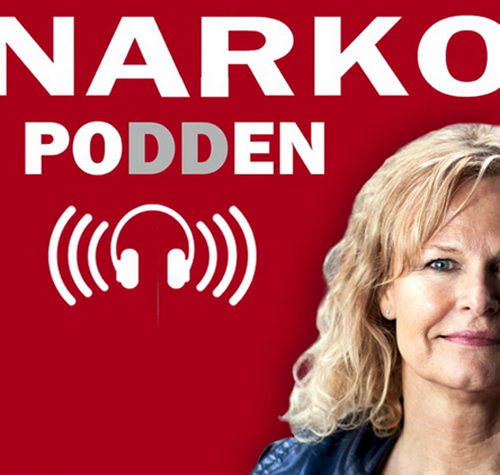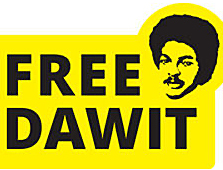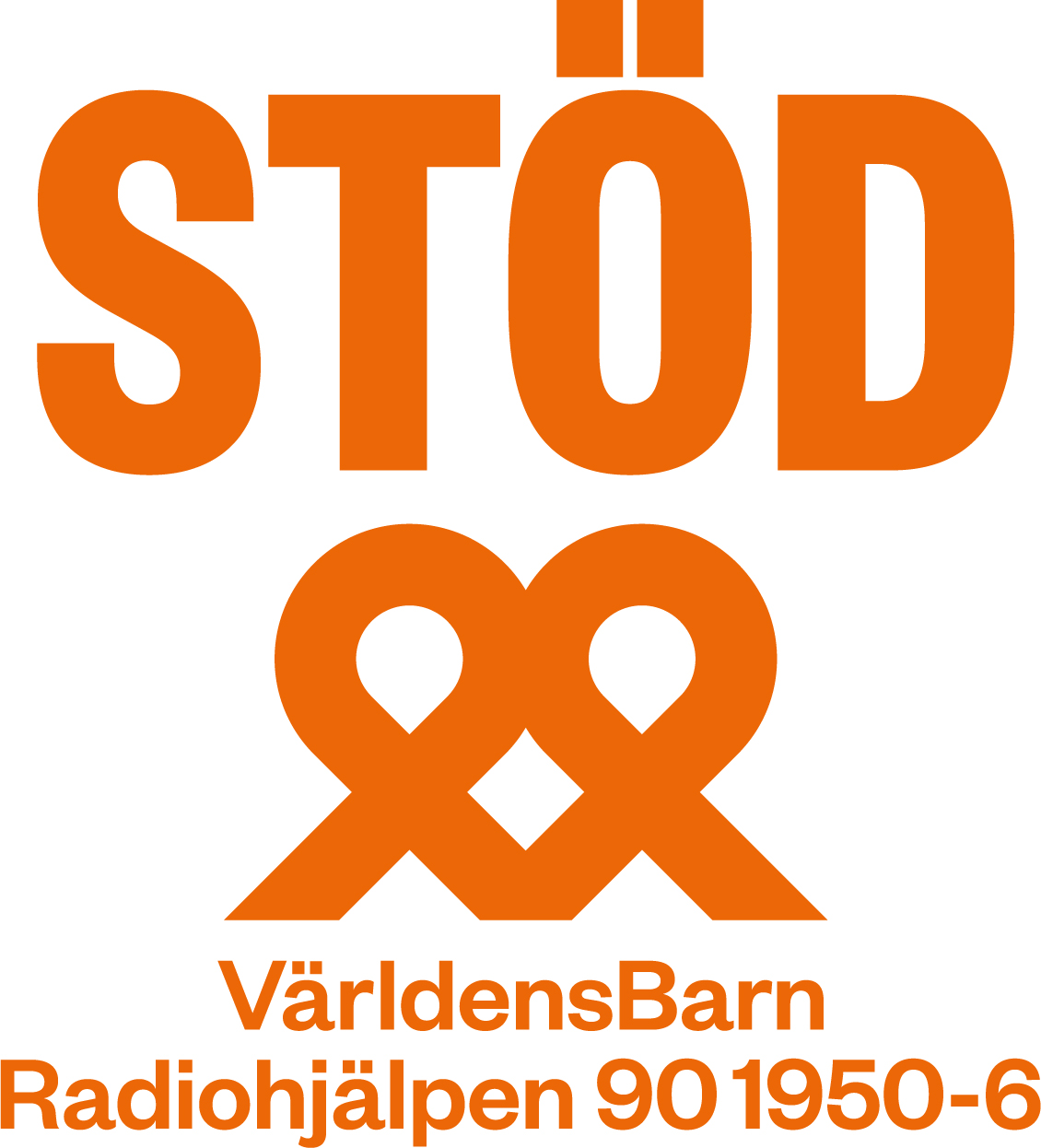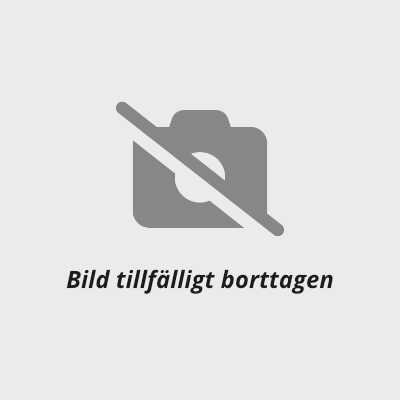”Primary prevention remains and will remain the only sure way of dealing with drugs”. At a side event at CND – preparing for UNGASS – about NGOs working to protect children, Brother Paul Mburu from Soberlife Mentorship Society, an organization working in the slums of Nairobi, told his own story.
It is my honour to present my humble contribution to this side event today. My presence here was made possible by the World Federation against Drugs and I thank Linda Nilsson here on behalf of the organization. My name is Brother Paul as I am usually identified in the communities where I work. I represent a small grass-root initiative called the Soberlife Mentorship Society based in Nairobi, Kenya.
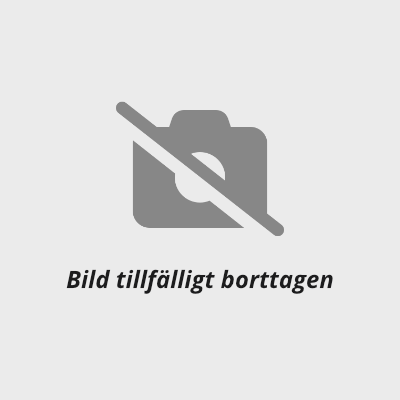
Before I give my submission, I wish to share in this forum a portion of my life, which is the basis of my contribution in this session.
2016 is a highlight year for me. It marks exactly ten years since I last smoked the last marijuana roll, mixed with lethally intoxicating liquors. For the decade I had been in addiction, this is a summary of what I went through:
- Running away from home due to conflicts with the family
- Wasting six full years of education between high school and college
- Engaging in crime and peddling with friends some of whom died or were banished in prisons. I too was remanded but later given a pardon.
- Continuous use led to extreme health effects including mild tuberculosis, hallucinations and dread. Some of the effects still linger today.
- Due to the emptiness within me and a search for identity, I joined the Nyahyabingi Rastafarian Movement whose paradise is in Shashamane Ethiopia. I reared dreadlocks in accordance to the requirements and also increased consumption of weed.
- Finally, when everything failed to give the liberty from the chains of addiction and the risks I was exposed to, I decided to end my life on the 10th of August 2006 through poison ingestion.
I believe I did not die but have lived to tell this forum the great calamity haunting your sons, daughters, brothers, sisters and humanity at large.
While listening to the many presentations going on in the greater Conference, it seems there is a deliberate attempt to pull the people of this world and youth in particular into opinions and lifestyles that are absolutely contrary to their needs.
Within the Kenyan context there are four major issues which I will share as being most important. This was also presented to the CSTF regional meeting which was held in Nairobi and was purely based on the social, economic and cultural realities of our region.
- Comprehensive prevention initiatives to be formulated and implemented targeting the pre teenage, teenage and early youth groups, the population at the highest risk of initiation or those in the early initiation into drugs. Primary prevention remains and will remain the only sure way of dealing with drugs. We stand for complete harm deterrence through prevention against the so-called harm reduction which we know does not reduce any harm. It is a means of more harm generation through encouraging ‘clean methods’ for drug users to ensure sustainability of their habits. Offering clean syringes for instance does not make injection drugs clean. And more so, in the African reality, HIV/AIDS is more than 70% spread through risky sexual behaviours and not shared syringes use.
- Treatment and comprehensive rehabilitation for those already affected by the habit. In this perspective, CSOs to advocate to their respective governments to establish affordable rehabilitation facilities or work with private institutions to ensure services are accessible to all. This should be expanded to hospitals, prisons and juvenile centres where most of the users are found. These should be made corrective centres that can help bring a behaviour change to those who are affected. Clear punishment should be outlined with severe consequences on producers and traffickers.
- Re-integration of recovery and recovered people back in the community. This is in two phases: Carrying out an awareness in the community of origin of those affected by drugs to be ready to accommodate the ones being re-integrated by creating a stigma free environment. On the other hand, those being re-integrated to be empowered economically through creation of investment opportunities to enable them be engaged, motivated and avoid the risks of easy relapse. Youth empowerment programs must be at the heart of every African government to realize any development and sustainability of the State.
- There should be a review of the family institution and emphasis on stable families. It is universally acknowledged that the family is the single most important institution in shaping up individuals. As we speak about ‘juvenile delinquency’ we should also spend time speaking on parental delinquency. The African society is currently facing a generation conflict emerging from 1970s parents who were born in the traditional, religious and morally conservative conditions against the 1990s generation of children born in the new world order of rights, liberties and technologies. This has created a huge social conflict, causing many parents to disregard children at their hour of great need while children, left without their primary mentors turn to rebellion and juvenile lifestyles. The problem has also been aggravated by absentee fathers whom children need especially boys entering teenage years.
- Parenting skills within the acceptable social, political and cultural backgrounds of the African must be strengthened in order to bring up responsible youth who will shun influences and challenges, not only on drug use but other issues such as esteem, sexuality and general development.
Soberlife Mentorship Society stands for every effort and strategy that promotes primary prevention, care, rehabilitation, recovery and re-integration.
We have a duty to protect the society from all forms of enticements and intimidations that are only meant to enrich a clique of people while destroying humanity’s most essential investment; the youth.
For those who mean well, let’s join hands in this great initiative regardless of our backgrounds or limited resources; and let the passion to mentor and make a lasting impact to the youth be our driving gear.
Thank you!
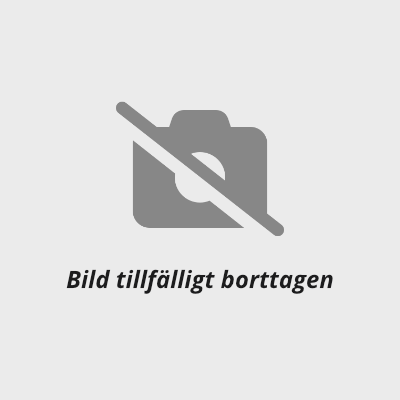 BROTHER PAUL MBURU
BROTHER PAUL MBURU
Soberlife Mentorship Society in Kenya.
Good will ambassador and resource person of the National Authority for the Campaign Against Drug Abuse.

